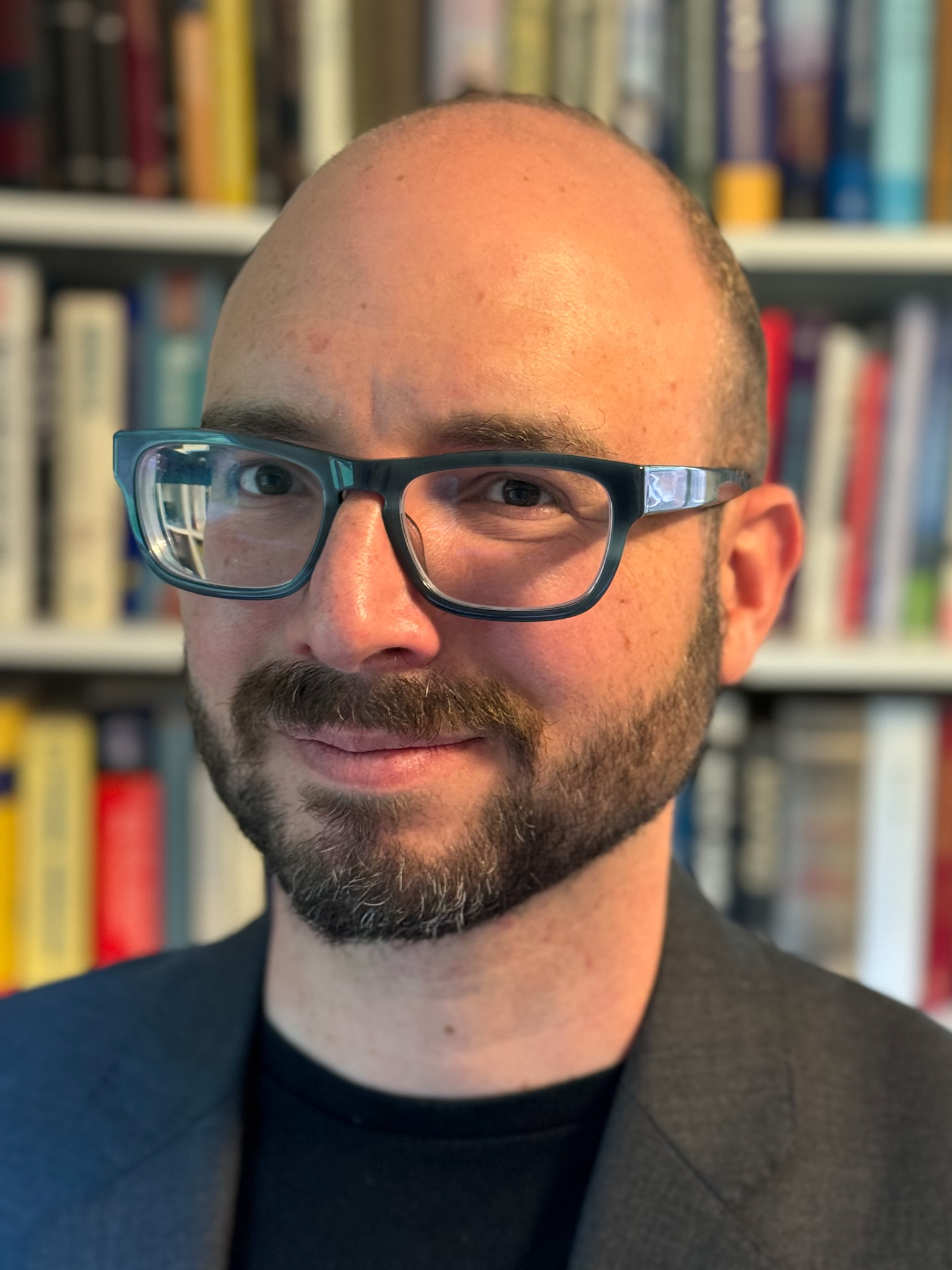UROP Research Mentor Project Submission Portal: Submission #1284
Submission information
Submission Number: 1284
Submission ID: 21016
Submission UUID: 2573ff06-7ea9-4153-985f-86d5408f8eee
Submission URI: /urop-research-mentor-project-submission-portal
Submission Update: /urop-research-mentor-project-submission-portal?token=am7ly2pPU0FKGYYXepU7INxOC4ktRsYgsvROs0rOtGc
Created: Mon, 08/18/2025 - 09:25 PM
Completed: Mon, 08/18/2025 - 09:36 PM
Changed: Wed, 10/29/2025 - 03:28 PM
Remote IP address: 179.218.246.76
Submitted by: Anonymous
Language: English
Is draft: No
Webform: UROP Project Proposal Portal
Submitted to: UROP Research Mentor Project Submission Portal
Research Mentor Information
Marcos Müller Vasconcelos
{Empty}
{Empty}
Faculty
FAMU-FSU College of Engineering
Electrical Engineering

Additional Research Mentor(s)
{Empty}
{Empty}
{Empty}
{Empty}
{Empty}
{Empty}
{Empty}
{Empty}
Overall Project Details
Understanding the Dynamics of Bacterial Networks via Quorum Sensing
Systems Biology, Mathematical Models, Bacterial Networks, Quorum Sensing
No
2
Biology, Chemistry, Mechanical Engineering, Electrical Engineering, Civil Engineering, Statistics, Computer Science
FAMU-FSU College of Engineering
Yes
Partially Remote
10 hours/week
Outside of business hours
Bacteria often communicate using chemical signals in a process known as quorum sensing (QS). Through QS, individual cells release and detect small signaling molecules to coordinate behaviors such as biofilm formation, virulence, and antibiotic production. These systems are inherently nonlinear: feedback loops, repression/activation dynamics, and population growth create complex behaviors, including oscillations and spatial pattern formation. Mathematical modeling provides a way to understand how local interactions among bacteria lead to emergent collective behaviors. Using tools from differential equations, dynamical systems, and network science, we can capture the key mechanisms of quorum sensing and explore conditions under which oscillations, waves, or spatial patterns emerge.
Objectives
This project aims to introduce UROP students to the modeling of microbial communication by focusing on:
1. Regulatory Circuits – modeling gene regulatory feedback loops underlying quorum sensing.
2. Population Dynamics – studying how growth, signaling, and repression interact over time.
3. Spatial Effects – exploring how diffusion of signaling molecules leads to spatial heterogeneity (e.g., concentric rings of activity).
This is a joint project with researchers from the University of California Berkeley.
Objectives
This project aims to introduce UROP students to the modeling of microbial communication by focusing on:
1. Regulatory Circuits – modeling gene regulatory feedback loops underlying quorum sensing.
2. Population Dynamics – studying how growth, signaling, and repression interact over time.
3. Spatial Effects – exploring how diffusion of signaling molecules leads to spatial heterogeneity (e.g., concentric rings of activity).
This is a joint project with researchers from the University of California Berkeley.
Students may take one or more of the following approaches:
1. ODE Modeling: Build systems of nonlinear differential equations for quorum sensing circuits and analyze conditions for oscillations.
2. Numerical Simulation: Implement MATLAB or Python simulations to study how parameters (Hill coefficients, diffusion rates, repression thresholds) affect system behavior.
3. Pattern Formation Analysis: Extend models with diffusion terms to investigate how spatial concentration gradients lead to emergent colony-level structures.
4. Comparative Study: Relate mathematical results to experimental findings reported in microbiology literature.
1. ODE Modeling: Build systems of nonlinear differential equations for quorum sensing circuits and analyze conditions for oscillations.
2. Numerical Simulation: Implement MATLAB or Python simulations to study how parameters (Hill coefficients, diffusion rates, repression thresholds) affect system behavior.
3. Pattern Formation Analysis: Extend models with diffusion terms to investigate how spatial concentration gradients lead to emergent colony-level structures.
4. Comparative Study: Relate mathematical results to experimental findings reported in microbiology literature.
1. Basic background in differential equations - recommended
2. Some programming experience (MATLAB or Python) - recommended
3. Interest in applying mathematics to biological systems - required
2. Some programming experience (MATLAB or Python) - recommended
3. Interest in applying mathematics to biological systems - required
Our mentoring philosophy centers on empowering students to gain confidence in their ideas and nurturing their creativity. At the MINDS lab, we embrace the motto that there is no limit to what the human mind can accomplish and that the world of ideas offers an infinite number of low-hanging fruits. Currently, our lab supports a diverse group of researchers, including five undergraduate students, two PhD students, and one postdoc. We believe that a diverse team, representing a wide spectrum of backgrounds and perspectives, leads to more innovative work, thereby contributing to the broadening of participation of underrepresented groups in the scientific community and society as a whole.
{Empty}
{Empty}
No
{Empty}
UROP Program Elements
Yes
Yes
Yes
Yes
{Empty}
2025

